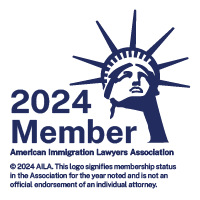Immigration regulations in the United States are so complex, they cost the economy around $30 billion per year, according to a new study released yesterday by the center-right think tank American Action Forum. The study goes on to argue that the regulations should be either eliminated or streamlined for across-the-board cost savings.
The study, as reported by Jordan Fabian on ABCNews, counts 150 immigration-related regulations and 234 forms given by seven cabinet agencies. The result is an average of 98.8 hours spent per person or business complying with regulations, a number that adds up to $30 billion per year of money spent on immigration.
Sam Batkins, director of regulatory policy at the American Action Forum, hopes that this number will spur legislation, especially from the small-government conservatives who typically oppose reform. “Few doubt that our current immigration system is in need of reform. Thankfully, many agree that our regulatory state needs an overhaul as well,” he wrote in the study.
Of course, there’s also a chance reform will result in more regulation and, by extension, expense. For example, the E-Verify system that might become mandatory for employers to check the immigration status of potential employees will result in a slew of paperwork.
Batkins added, “I think the general hope is, from a regulatory perspective, that they don’t keep on adding without realizing… there are obviously opportunities for streamlining and reducing.” We hope so, but it remains to be seen how existing regulations will be impacted by reform, and what new regulations will be added.
